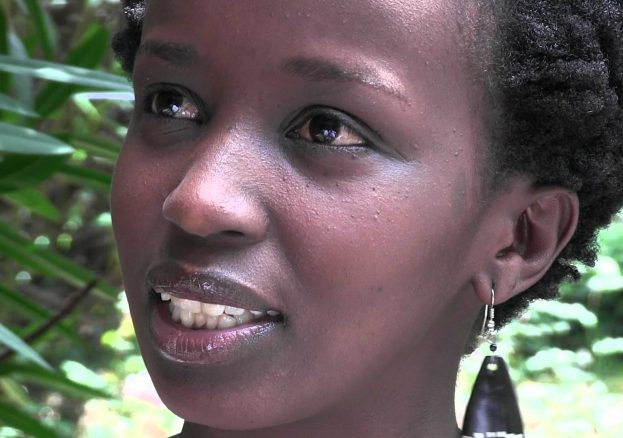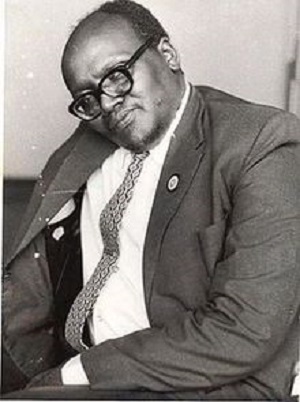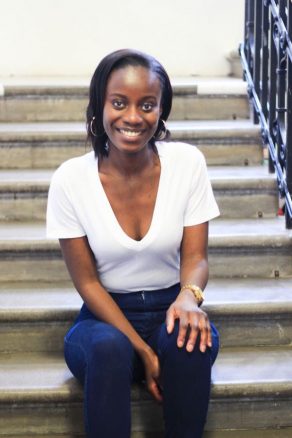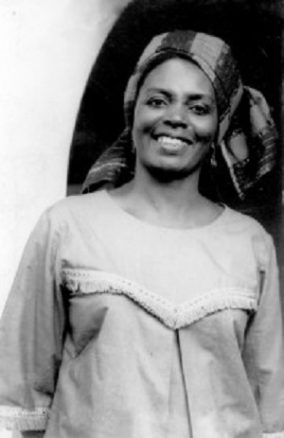
Over the past year, a number of articles focusing on the experiences of current black students at Cambridge University have featured across the UK media. One of the most eminent articles begins by quoting: “Young black men don’t grow up thinking they’ll make it here. They should.”
This year, the Black Cantabs Research Society has launched a new platform which will help regale the previously unheard stories of black graduates, with the aim of encouraging a more inclusive culture across the university.

The Black Cantabs Research Society was formed after Njoki Wamai, a Gates Cambridge Scholar who recently completed a PhD in Politics, met Godfrey Sang, a visiting scholar who was in Cambridge researching the life of Jean Marie Seroney, a Kenyan politician and human rights activist who had visited his friends at Cambridge in the 1950s. Njoki, who is also Kenyan, says: “Godfrey unearthed interesting stories about East Africans Seroney met in Cambridge and I got interested in finding out about the earliest African scholars at Queens’ College.”
Initially the research was limited to early black African alumni at Queens’ College, Njoki’s college, but she then joined forces with classics student Nnenda Chinda from Downing College and alumna Siana Bangura from Peterhouse to form the Black Cantabs Research Society. Their aim was to unearth rich histories of black Cambridge alumni.

Siana and Nnenda were inspired by the election of Priscilla Mensah, the first black female student to Cambridge’s student governing body CUSU. Eva Namusoke from Caius College later joined the team as a historian. Other Black Cantabs like Flora Tasse, a Cameroonian computer science graduate from Hughes Hall, designed the society’s website and database.
The society has also had the active support of two university academics, Peter Mandler, Professor of Modern Cultural History, and Dr Monica Moreno Figueroa, a senior lecturer in Sociology.
More information about the influential black students who attended Cambridge can be found on the BlackCantabs webpages, but for now, here are a few examples of their work…

Gloria Claire Carpenter was probably the first black woman at the University of Cambridge. A Jamaican, she studied law at Girton College in 1945 and became a prominent social reformer, playing an instrumental role in the foundation of the Law Faculty of the University of West Indies in Jamaica.
Efua Sutherland, from Ghana, studied at Homerton College, Cambridge, in 1947, a year before women were admitted as full members of the university. A playwright and filmmaker, she contributed to the development of theatre in Ghana.
Professor Thomas Odhiambo became the first black Kenyan to matriculate at Queens’ College, Cambridge, in 1959. He went on to found the renowned International Centre for Insects Physiology which has helped farmers across the world to protect their crops through biological pest control methods, contributing to food security in Africa in the process.
